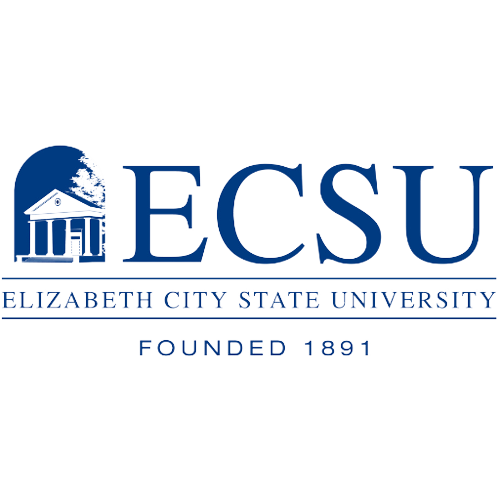Year 1
Your first year is carefully designed to manage the step up from school to university mathematics and to teach the key ideas required in later years of the programme. In addition, you study the language of the country you wish spend your third year in.
Algebra & Combinatorics 1 - 20 credits
Language Module - 10 credits
Language Module - 10 credits
Mathematical Workshops (Autumn) - 10 credits
Mathematical Workshops (Spring) - 10 credits
Mechanics - 10 credits
Probability & Statistics - 10 credits
Real Analysis - 20 credits
Vectors, Geometry & Linear Algebra - 20 credits
Year 2
The second year provides you with some choice but also introduces some of the more advanced areas of mathematics, such as complex analysis, allowing you to develop your particular strengths and interests in the third year. In year two you continue to study your chosen language in preparation for year three. At the end of year two you decide if you would like to study abroad, or transfer to the BSc and remain in Birmingham for year three.
Core modules
Language Module - 10 credits
Language Module - 10 credits
Linear Algebra & Linear Programming - 20 credits
Mathematics in Industry - 10 credits
Multivariable & Vector Analysis - 20 credits
Numerical Methods & Programming - 10 credits
Real & Complex Analysis - 20 credits
Optional modules
Choose 20 credits of options. Example optional modules:
Algebra & Combinatorics 2 - 20 credits
Differential Equations - 20 credits
Statistics - 20 credits
Year 3 (abroad)
You spend your third year studying mathematics at one of our partner universities in France, Germany, Italy, Portugal or Spain, under the EU’s Erasmus scheme.
Tuition fees for placement years (where applicable)
There is a reduced tuition fee for the academic year spent in industry or whilst studying abroad (where available). Fee information and further clarification is available on the University fees and funding page.
Year 4
The fourth year, in Birmingham, offers you a choice of modules allowing you to specialise in one area of mathematics or cover several different areas. The range on offer is large: from the highly abstract, such as logic, to the highly applicable, such as financial mathematics – so the choice can be difficult. You take at least one module involving project work.
Core modules
Research Skills in Mathematics - 20 credits
Optional modules
Choose 100 credits, subject to timetabling restrictions and necessary pre-requisites. All modules 20 credits, examples of optional modules are listed below.
Advanced Mathematical Modelling
Algebra & Combinatorics 2
Algebraic and Differential Topology
Applied Mathematical Analysis
Applied Statistics
Combinatorics and Communication Theory
Continuum Mechanics
Differential Equations
Electromagnetism
Functional and Fourier Analysis
Game Theory and Multicriteria Decision Making
Graph Theory
Group Theory
Integer Programming and Combinatorial Optimisation
Mathematical Finance
Medical Statistics
Methods in Partial Differential Equations
Metric Spaces and Topology
Nonlinear Programming I and Heuristic Optimisation
Number Theory
Numerical Methods and Numerical Linear Algebra
Quantum Mechanics
Randomness and Computation
Statistical Methods in Economics
Statistics
Please note: The modules listed on the website for this programme are regularly reviewed to ensure they are up-to-date and informed by the latest research and teaching methods. Unless indicated otherwise, the modules listed for this programme are for students starting in 2023. On rare occasions, we may need to make unexpected changes to core modules; in this event we will contact offer holders as soon as possible to inform or consult them as appropriate.
Show less









